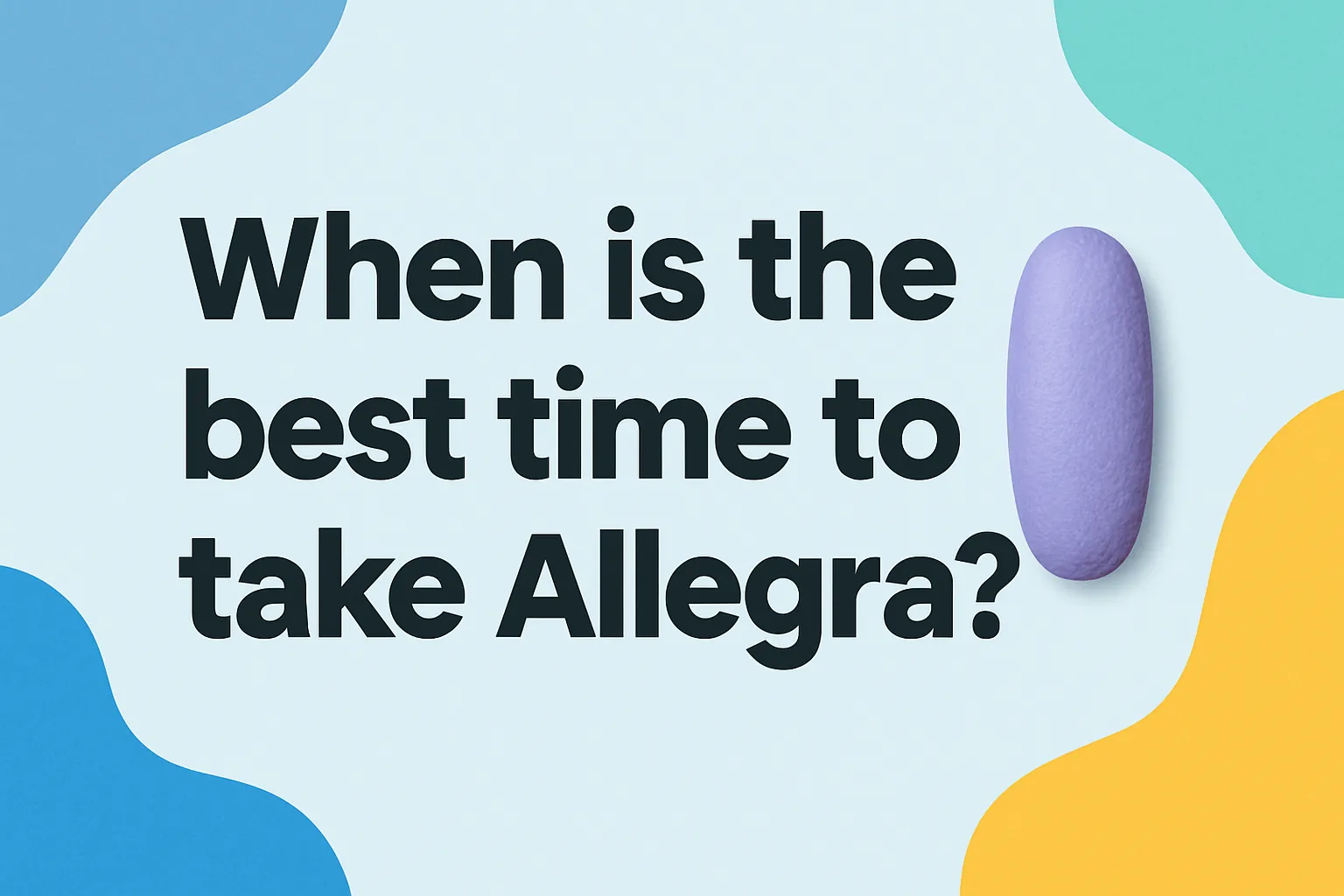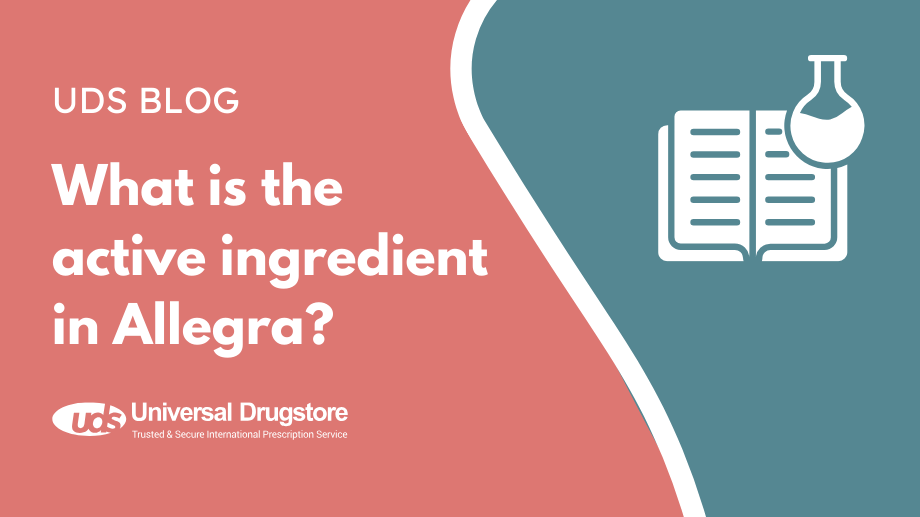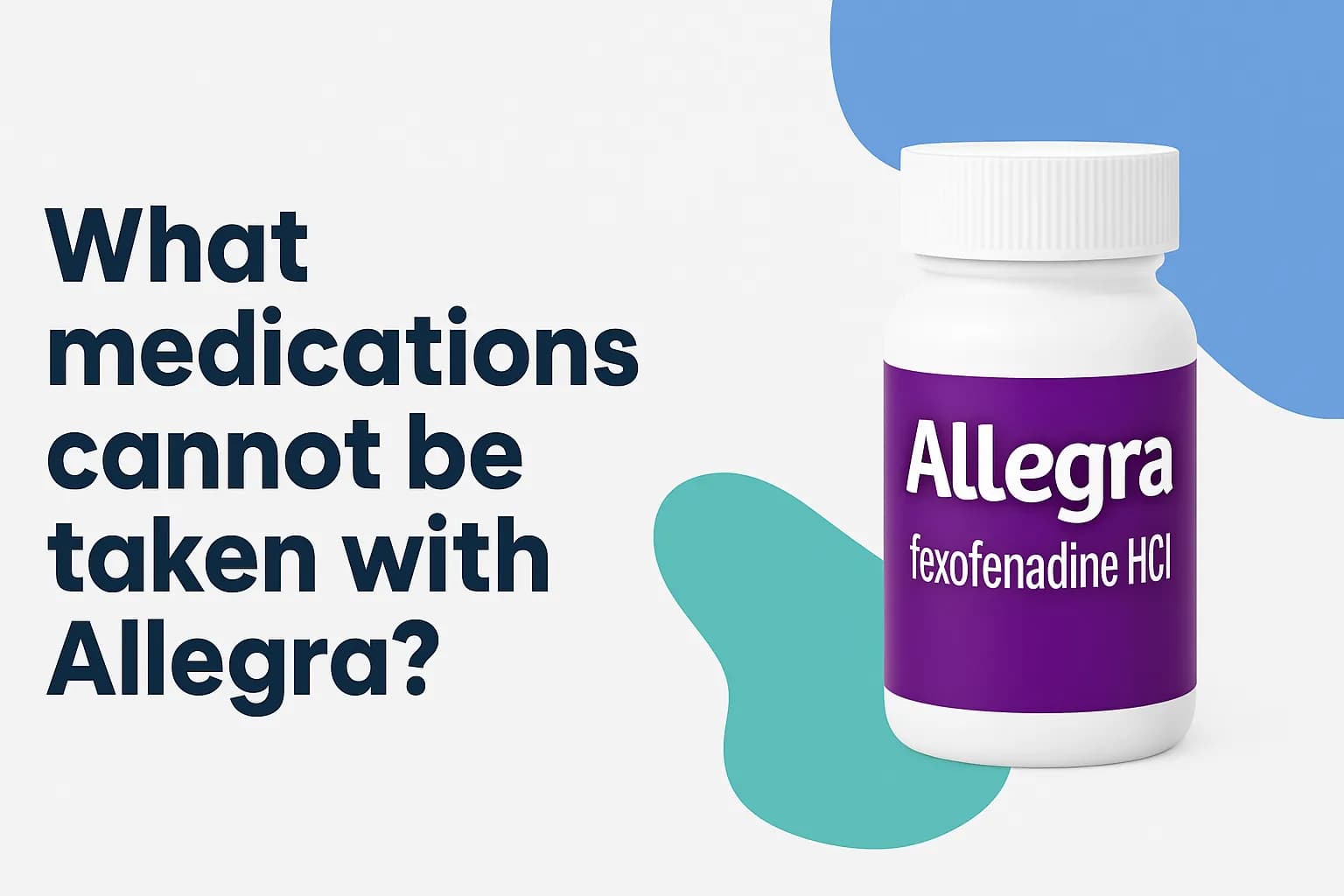When is the best time to take Allegra?

When temperatures start to rise and spring allergy season is about to begin, it is good to know when you should start taking your allergy medications. According to allergists, you can prevent the worst of your symptoms by taking them early in the season, even 2 to 4 weeks before it starts. Letting them go untreated, however, can leave you feeling horrible and make it harder to treat your runny nose, stuffy nose, sneezing, and itchy, watery eyes.
Allegra (fexofenadine) is an over-the-counter (OTC), non-sedating antihistamine that can be used every day to treat seasonal allergy symptoms.
Should Allegra be taken with food or on an empty stomach?
Allegra tablets should be taken once or twice daily with a full glass of water. Do not take it with fruit juices such as apple, orange, or grapefruit. You can take it with or without food.
Shake the oral suspension (liquid) well just before you measure a dose. Use a marked measuring cup, spoon, or syringe to make sure you take the correct dose. Do not use a household teaspoon or tablespoon. The suspension is typically taken twice daily with or without food.
Allegra ODT should be stored in its original blister pack until you are ready to take it. You should take Allegra ODT twice daily on an empty stomach. Place 1 tablet on your tongue and allow it to dissolve before swallowing, with or without water. Do not swallow the tablet whole or chew it.
Allegra FAQs
How does Allegra work?
Seasonal allergies, also known as hay fever or allergic rhinitis, are caused by an overreaction of your immune system to allergens such as pollen, pet dander, and mold. When the allergen enters your body, your immune system thinks it is a harmful substance and produces antibodies to fight it. This reaction causes the release of histamine and other chemicals, which causes itchy eyes, watery eyes, sneezing, nasal congestion from dilated blood vessels, and a runny nose. It can also lead to a severe allergic reaction and cause hives (urticaria). Allegra binds to the histamine receptors to block its actions and provide allergy relief. It typically starts working within 1 to 2 hours after taking it.
What are the side effects of taking Allegra daily?
The most common side effects of Allegra include:
- Nausea
- Diarrhea
- Upset stomach
- Upper respiratory tract infection
- Vomiting
- Back pain
- Drowsiness
- Fatigue
- Headache
- Fever
- Dizziness
- Menstrual cramps
Rarely, Allegra may cause serious side effects such as:
- Hypersensitivity reactions with symptoms such as hives, swelling in your face, tongue, and throat, chest tightness, and trouble breathing.
- Accidentally taking too much medication with symptoms such as fast heartbeat, flushing, extreme sleepiness, dry mouth, changes in vision, and irritability in children. If you or someone you know have taken too much Allegra, get medical help or contact a Poison Control Center right away.
These are not all of the possible side effects of Allegra. You should always seek medical advice from your healthcare provider for any questions or concerns about your medical condition or treatment. Read all patient information, medication guides, or drug information sheets that come with this medication. You can also report adverse effects to the Food and Drug Administration at www.fda.gov/medwatch or call 1-800-FDA-1088.
What drugs interact with Allegra?
Drug interactions can change how your medications work or increase your risk for serious side effects. To help avoid drug interactions, tell your doctor about all prescription and OTC drugs, herbs, and supplements you take.
Do not take antacids containing aluminum or magnesium within 2 hours of taking Allegra. Magnesium and aluminum can decrease the absorption of Allegra and make it less effective. There are several over-the-counter antacids that contain aluminum or magnesium including Milk of Magnesia (magnesium hydroxide), Mylanta (aluminum hydroxide/magnesium hydroxide/simethicone), and Rolaids (calcium carbonate/magnesium hydroxide).
Oral ketoconazole is an antifungal medication that may be used to treat severe fungal infections. Taking them together can increase the amount of Allegra absorbed in your body. This can raise your risk of serious side effects such as headaches or drowsiness.
Ery-Tab (erythromycin) is an antibiotic that can interact with Allegra. Similar to ketoconazole, erythromycin increases the amount of Allegra that gets absorbed into your body. This can lead to more Allegra side effects.
You should not take Allegra with fruit juices such as orange, apple, or grapefruit juice. These juices reduce how much Allegra gets absorbed into your body and can make it less effective. To avoid this interaction, you should separate Allegra from fruit juice by at least 4 hours.
What other allergy medicines are there if you cannot take Allegra?
If you cannot take Allegra or other over-the-counter antihistamines, there are alternative allergy meds you can ask your healthcare provider about:
- Steroid nasal sprays such as Flonase (fluticasone propionate) and Nasacort (triamcinolone)
- Decongestants such as Sudafed (pseudoephedrine) or Sudafed PE (phenylephrine)
- Singulair (montelukast)
- Antihistamine eyedrops such as Alaway, Zaditor, Pataday, Patanol, Visine, Opcon-A
- Nasal sprays such as Nasalcrom (cromolyn)
- Immunotherapy (allergy shots or sublingual tablets)
How long does it take Allegra to kick in?
Allegra typically starts to work within 1 to 2 hours after taking it. Depending on the product, it can last 12 to 24 hours. You should try to take Allegra around the same time each day.
Is it better to take Allegra in the morning or at night?
Because Allegra does not typically cause drowsiness, you can take it at any time of the day. You should try to take it around the same time each day. If it does make you tired, try taking it close to bedtime or when you are able to sleep.
Related Medications
- Claritin (loratadine)
- Zyrtec (cetirizine)
- Benadryl (diphenhydramine)
- Zyrtec-D (cetirizine/pseudoephedrine)
- Allegra-D (fexofenadine/pseudoephedrine)
- Flonase Nasal Spray (fluticasone propionate)
- Nasonex Nasal Spray (mometasone)
Sources
AAAAI Allergy and Asthma Drug Guide. American Academy of Allergy, Asthma & Immunology. Accessed June 6, 2024.







